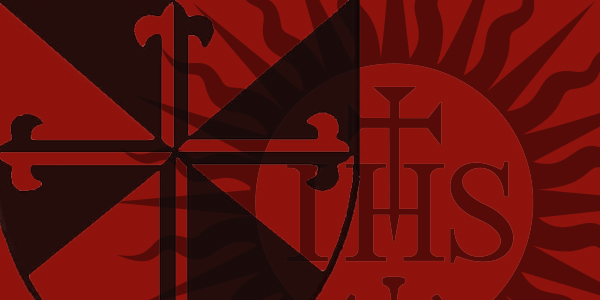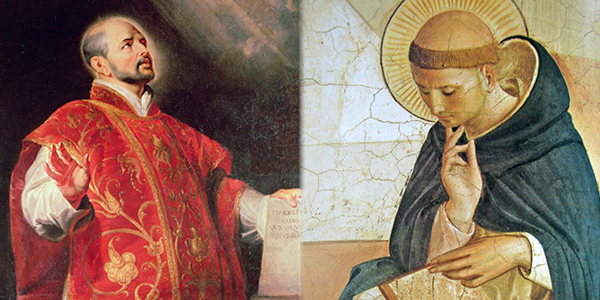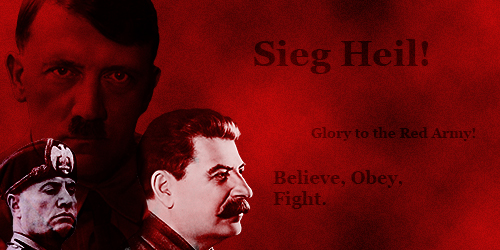Blog - Blogue

-
Jesuit Blood Helps Make me a Dominican
vendredi 06 février 2015
The fact that according to venerable tradition Fr. Damian Byrne, Master of the Dominican Order, presided at the funeral of Fr. Pedro Arrupe SJ in February 1991 indicates the strong bonds of friendship that unite Jesuits and Dominicans throughout the world. Personally I have received enormously from members of the Society of Jesus, both in Canada and in the United States. I studied for eight years at the Collège Garnier in Québec. Good Jesuit that he was, my spiritual director assisted me in discernment: twice he helped me not to become a Jesuit!
First I joined the Carthusians (the order Ignatius considered joining after his conversion), and later I became a Dominican. In 1967-68, at the Dominican College of Philosophy and Theology, I read Insight by Bernard Lonergan SJ, which was the basic textbook in metaphysics. In 1972, I studied Lonergan’s Method in Theology under the direction of Fred Crowe SJ. Two years later, I spent a summer at Regis College in Toronto, working in a group of Canadian Dominicans on the French translation of Method, which was completed and published in 1978. Were we working for the Dominicans, for the Jesuits, or for the church?
In 1985, when a Jesuit institution, Boston College, offered me a position in systematic theology, my former spiritual director exclaimed: “I knew that somehow we would get you back into our fold!” Jesuits can be both very detached (spiritual “indifference”) and quite persuasive as they entice you into one of their projects. At Boston College, I teach Thomas Aquinas’ theology of grace and refer to two Canadian Jesuits, Lonergan and Jean-Marc Laporte, whom I consider very perceptive guides to Aquinas’ thought.
In the Jesuit life, I see a balance between great individual flexibility and a remarkable esprit de corps. Companions of Jesus are nourished by the Gospel through the Spiritual Exercises. Their daily practice of meditation attunes them to the will of God. Among Dominicans, spirituality and community are expressed differently: they are made visible by the daily singing of the Divine Office—the equivalent for them of the Exercises for the Jesuits—and the architecture of their priories.
In both cases Christian life is seen as focused on Christ: either as the Master who gathers around him companions destined for the mission, or as the Word that must be preached out of love and mercy.
In Biblical Theology and the Spiritual Exercises, Gilles Cusson SJ sums up Ignatius’s worldview as follows: God sets and continually keeps in motion a dynamic world, finalized towards him, in order to share his goodness with all creatures, especially human beings, who can freely and responsibly cooperate with God’s creative and redemptive power and thus glorify him. If we were to ask whether Thomas Aquinas could have signed that statement, I am sure that those of you who know the works of the Angelic Doctor would reply: in point of fact it corresponds strictly with what he thought and wrote.
Through his admiration for Saint Dominic and his exposure to Dominican writers, confessors and even Inquisitors (!), Ignatius absorbed the Thomistic worldview. Ludolph of Saxony, the author of the Life of Jesus Christ, was a Dominican before becoming a Carthusian. Jacobo de Voragine, who wrote the Flos sanctorum (The Lives of the Saints), was a Dominican. I am not contending that Ignatius merely reproduced the ideas of these works that were part of his conversion. With his religious genius, he creatively re-expressed the biblical worldview as it had been handed on to him by the medieval, and in so doing he made a lasting contribution to church life. Thomas, the systematic theologian, and Ignatius, the spiritual master, concur in offering us a picture of the human person as totally dependent on grace while gifted with the freedom to respond to God’s calling.
I have always been struck by the similarities between Dominicans and Jesuits than by the differences. The innovations of Dominic, Thomas Aquinas and Ignatius should be looked at as complementary. Perhaps this is the reason why in spite of, or rather because of, the Jesuit blood that runs in my veins, I feel 100 percent Dominican.

This article was first published in Compass: A Jesuit Journal (Vol. 9, No.3), 1991. It is republished by permission of the author.
-
Nike – Strive for Progress, not Perfection.
jeudi 29 janvier 2015
Have you ever thought about what the Nike slogan actually means? It makes a connection between progress and perfection in favor of progress.
Simple and clear, right? That’s what slogans are supposed to do, anyway – feed you a catchy phrase which does not require a lot of thinking but which, at the same time, states something everyone can relate to.
But think again. Why should striving for anything be worthy in the first place? Why is progress more important than perfection? What is progress anyway? And how do we understand perfection?
If you are already asking yourself these questions, then you are on your way to becoming a critical thinker.
Critical thinking is one of those skills essential to discipline itself as well as to life in general--capabilities that philosophy helps develop.
To think critically, among other things, means to think for yourself, that is, to take what someone else says or does, evaluate it, and make a judgment on its value for you, those closest to you, or society, in general.
To think for yourself is one of the hardest things to accomplish – it takes time, skills, and life experience. It is, just like philosophy, a work in progress.
Not in the last place because being who we are (that is, social beings), we are constantly subjected to and hence vulnerable to the power of propaganda. In all its forms, propaganda is essentially information designed to manipulate. There are various degrees and ways of manipulation: by infusing true statements with false statements to increase believability, by throwing in a clever pun which makes you feel smart, by tugging on your emotions with carefully chosen words, or by simply attacking the senses with well-crafted images usually aiming at making you buy a product or service. The rise of the Third Reich during the WWII taught us that when people are financially cornered, scared, and ignorant, they become particularly susceptible to manipulation.
Can you fully protect yourself against propaganda and manipulation? No, but you can become aware of it.
Being social means constantly relating to others on every possible level: intellectual, spiritual, emotional. It also means making mistakes in the process which, in turn, makes us all potential conjurers of manipulation.
But becoming aware of manipulation will not only develop mechanisms for self-protection; it will accomplish something else, just as important, if not even more important. Critical thinking teaches attentiveness to detail and nuances. It trains one’s mind to see shades of grey where others see only black and white.
Not every appeal to emotion is bad and not all clever words or images will skew your view of the world. If you keep your ideas honest, clear, relevant, accurate, and consistent, you have better chances of avoiding many of the traps of manipulation.

